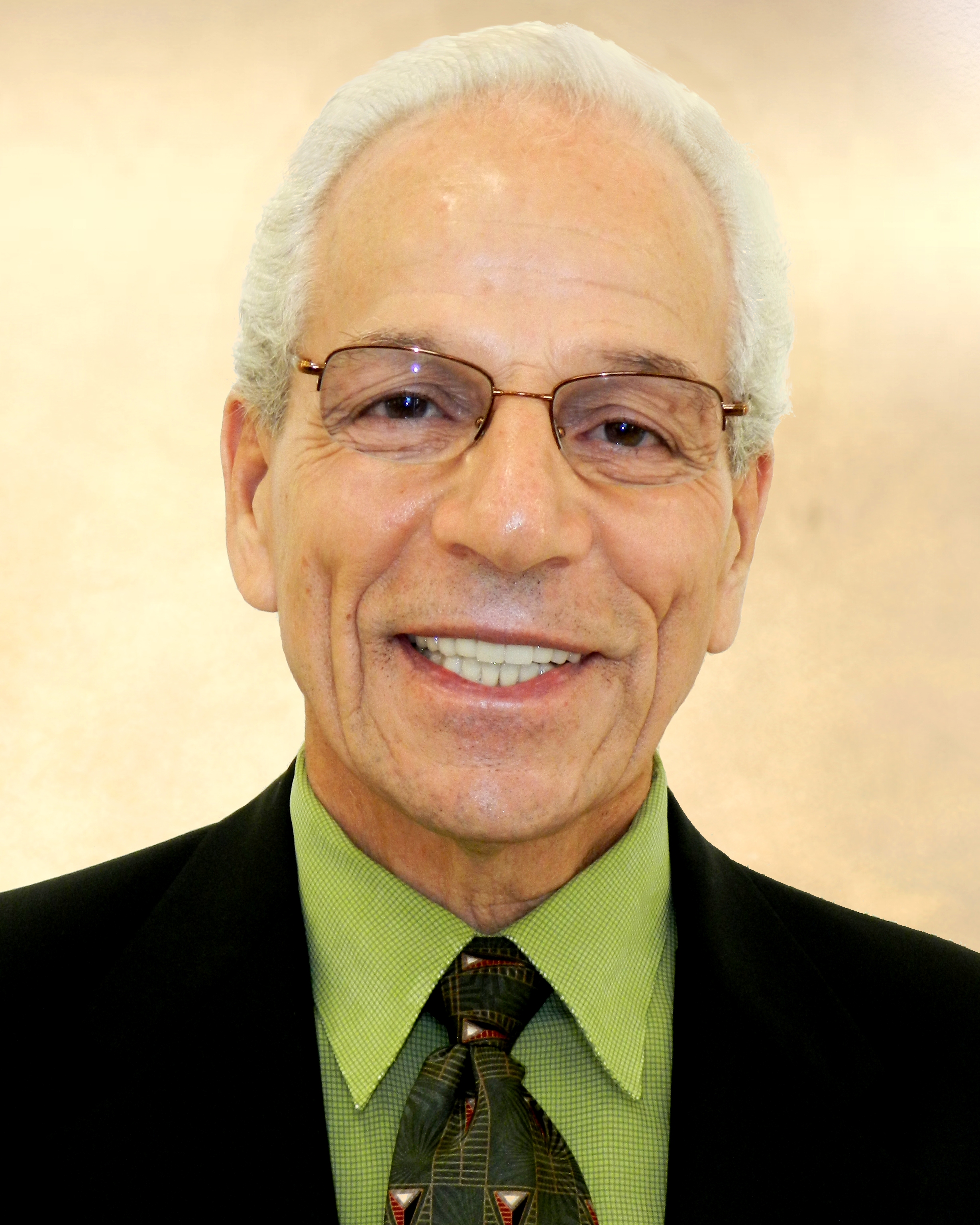Weekly Bible Prosperity Courses
 Should not Jesus Christ have a seat at the self-help table? Material wellness is not the exclusive domain of the secular world. Let us remember that people have always turned to the Bible for spiritual AND material teachings. Some forget that being a Christian does not mean rejecting material needs. The believer is not faced with "either-or." Spiritual and material abundance can complement each other.
Should not Jesus Christ have a seat at the self-help table? Material wellness is not the exclusive domain of the secular world. Let us remember that people have always turned to the Bible for spiritual AND material teachings. Some forget that being a Christian does not mean rejecting material needs. The believer is not faced with "either-or." Spiritual and material abundance can complement each other.
Christ's Rich Disciples

Take a closer look at the Bible. For example, did you know that Jesus had wealthy disciples? Yes, DISCIPLES! Does this surprise you? They are recorded in the gospels. Weatlthy disciples were his benefactors--the toll collectors, Levi (Mark 2:14-15) and Zacchaeus (Luke 19:1-10), and the wealthy patron Jairus. (Mark 5:21-43). These and other affluent individuals funded his ministry, providing food and lodging to support his ministry, providing food and lodging to support his
How different the Resurrection story would read if not for Joseph of Arimathea, another one of Jesus’ rich disciples. Have you thought of Joseph of Arimathea as a disciple? Probably not, most drop him from the narrative as a rich person that had a political connection to Pilate.
 Stop, think for a moment, how does one become a disciple? A disciple is a student; this means that Joseph of Arimathea would have been an understudy of Christ. Notice Matthew’s epithet as “disciple:” (bolded)
Stop, think for a moment, how does one become a disciple? A disciple is a student; this means that Joseph of Arimathea would have been an understudy of Christ. Notice Matthew’s epithet as “disciple:” (bolded)
When it was evening, there came a rich man from Arimathea, named Joseph, who also was a disciple of Jesus. He went to Pilate and asked for the body of Jesus. Then Pilate ordered it to be given to him. And Joseph took the body, and wrapped it in a clean linen shroud, and laid it in his own new tomb, which he had hewn in the rock; and he rolled a great stone to the door of the tomb and departed.
We hear little of Joseph of Arimathea? Why is that? Could it be that there was a rivalry between rich and poor disciples; the ascetic Desert Fathers vs. Christ’s Twelve Powers of Love? Where, when, and how did Jesus meet Joseph of Arimathea and others like him? What influence did wealthy disciples have? Was it Joseph of Arimathea who encouraged Jesus to change careers from carpenter to preacher, pledging financial support for his ministry?
A Course in Prosperity (ACIP)
Jesus’ approach is based on the formative power of love. Love is more than a human emotion; love is mountain-moving power! The gospels record the successful transformations that take place from practicing love. Consider these twelve from the lips of Jesus Christ. We’ve paraphrased them for modern reading and cite their gospel location for students:
The Twelve Transformations of Love
1. Love makes you part of the heavenly court. (Mt 23:9)
2. Love makes you confront your prejudices and dissolve them. (Mt 7:1-5)
3. Love makes you look at those who have wronged you and forgive them. (Mt 18:21-22)
4. Love makes you aware of your selfishness and inspires selflessness. (Mt 5:40-42)
5. Love makes you brand new; it gives you a second chance. (Jn 3:1-7)
6. Love improves your work ethic; toil turns to joy. (Mt 5:41)
7. Love makes you open your purse; you become a generous person. (Mt 20:1-15)
8. Love makes you healthier; your faith makes you well. (Mt 9:20-23)
9. Love makes friends out of enemies; hate no longer lives in you. (Lk 10:29-37)
10. Love makes you sing and dance, worry less and smile more. (Mt 6:25-34)
11. Love makes your life meaningful; you become purpose-driven. (Jn 15:12-13)
12. Love makes you prosperous; you become a mountain-mover. (Mt 17:20)
In the Course we present Jesus’ twelve success principles. If you study and practice them you will meet with amazing success. No, you will not raise the dead, or cause a blind person to see. But you will achieve your goals, and, in the process, become wealthier, healthier, and happier than you’ve imagined. And, you will have developed a lifestyle that contributes to his Kingdom of God.

In the Course (ACIP) we teach you his sayings, parables and actions that comprise his success principles. A summary, timeline, and theme:
1. Compassion: Hearts & Wallets Open in Tandem (Lk 10:30-35)
Timeline: Early childhood; mother Mary and the village women
Theme: Scientific studies show that hearts and wallets open simultaneously
2. Worthiness: Child of God Made in the Spiritual Image of Love (Mt 23:9)
Timeline: Baptism by John the Baptist
Theme: You are somebody; love in a state of becoming
3. Creativity: God Needs Your Talents; Co-Create with God (Jn 14:12-14)
Timeline: Change of careers from carpenter to preacher
Theme: God works through you
4. Forgiveness: Pardoning Opens Financial Doors (Mt 18:21-22)
Timeline: Entire ministry
Theme: Forgiveness causes new opportunities to arise
5. Prayer: Proactive Prayer Moves Mountains (Mt 17:1-2)
Timeline: The Transfiguration
Theme: Prayer changes people; changed people change the outcome
6. Stewardship: God owns all assets; Practice the Extra-Mile Work Ethic (Mt 5:40-42)
Timeline: Ancient Jewish tradition
Theme: Three money-management laws
7. Kingdom-Build: Set Heavenly Goals with Worldly Goals (Lk 13:31-32)
Timeline: Beheading of John the Baptist & 40-day fast in the desert
Theme: Have faith in what your partnership with God can achieve
8. Risk: Put Skin in the Game; Be Not Risk Averse (Jn 11:7-8)
Timeline: Triumphal Entry
Theme: Four risks worth taking
9. Business Plan: Christen Your Relationships (Mt 4:1-11; 9:35-36)
Timeline: Launch of ministry
Theme: Christened relationships are a business plan
10. Expand: Evaluate Your Market; Grow Goods & Services (Mk 4:3-8)
Timeline: Disciples to the countryside
Theme: Sow and grow
11. Lead: Love Builds Leaders; Leaders Build Love (Jn 15:9-13)
Timeline: Gender Rivalry – Peter versus the three Marys
Theme: Team-building
12. Persist: Befriend Problems; God is Greater (Lk 9:12)
Timeline: Monday-mornings
Theme: Problems seed new good
Postlude: Jesus & Theistic Capitalism; The Jesus You Have Never Met
Timeline: Mediterranean commerce
Theme: Spiritual economics
 Allan Bazzy, a successful businessman and founder of ChurchSHARE Bible Institute, tells us that studying Jesus Christ is the assured pathway to spiritual and material success: He writes:
Allan Bazzy, a successful businessman and founder of ChurchSHARE Bible Institute, tells us that studying Jesus Christ is the assured pathway to spiritual and material success: He writes:
“To be clear, prosperity coaching was not Jesus’ ultimate concern; his ultimate concern was establishing the Kingdom of God on earth. But let us remember the prevailing need to overcome scarcity. There was no middle class, 90% of the people were poor, many enslaved.
“The archeologist’s spade reveals that lack conditions, malnutrition, and sickness were widespread. Sixty percent of the population died before the age of six from food shortages, tainted water, and disease. Lifespan, on average, was thirty short years. Children weren’t given names for the first thirty days because parents weren’t sure if the child would live.
“In this context, crowds gathered from miles away to hear what Christ had to say about his Kingdom of God. They asked practical, real-life, scarcity questions. Questions such as: (My words)
‘Tell me, Jesus, how does your proposed Kingdom of God put food on my table, I have a family to feed, my children do not have enough to eat. You say that God is like a loving parent; how does your God create supply? And speak to me on why your God of Love would let my child die. What say you? Tell me in realistic terms!’
“Christ could not be silent on scarcity questions. His answers were not intended to make folks rich; they were intended to make folks less poor. Merely discussing how to be less poor is, in itself, prosperity coaching. If you teach me how to swim, that does not mean your intention is to make me an Olympic swimmer. It merely means you are teaching me not to drown. So too with Christ’s financial teachings.
Weekly Prosperity Lessons
ChurchSHARE Bible Institute offers a twelve-month, group study course based on the Twelve Powers of Love as taught and modeled by Jesus Christ. The Course contains life-changing exercises that patch together a new and empowering lifestyle. Upon completion, an ACIP certificate is awarded to the host church, qualifying it for grant funding from the Institute. (See “Grant Funding”)
[i] Mt 27:57; Mk 15:43; Lk 23:50; Jn 19:38